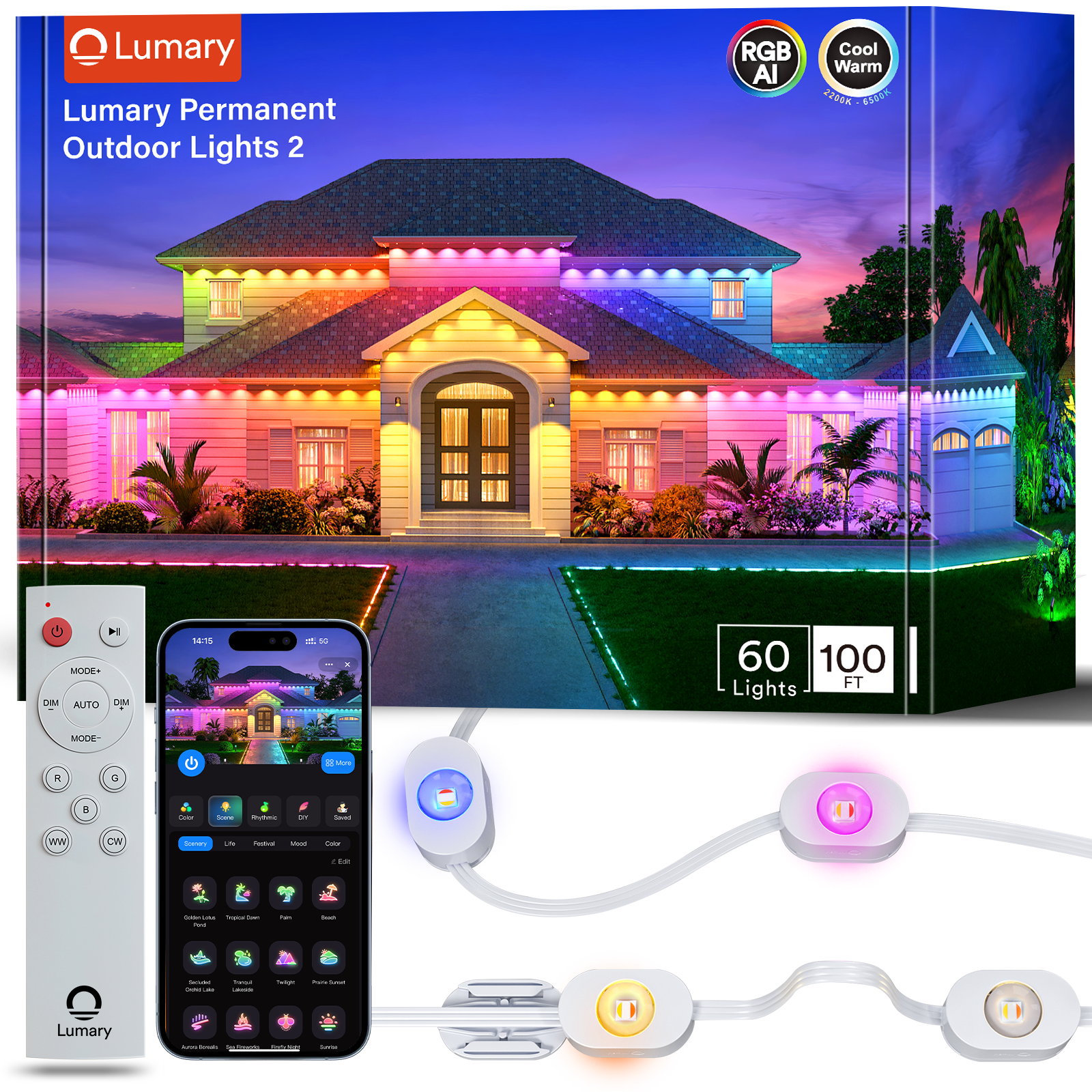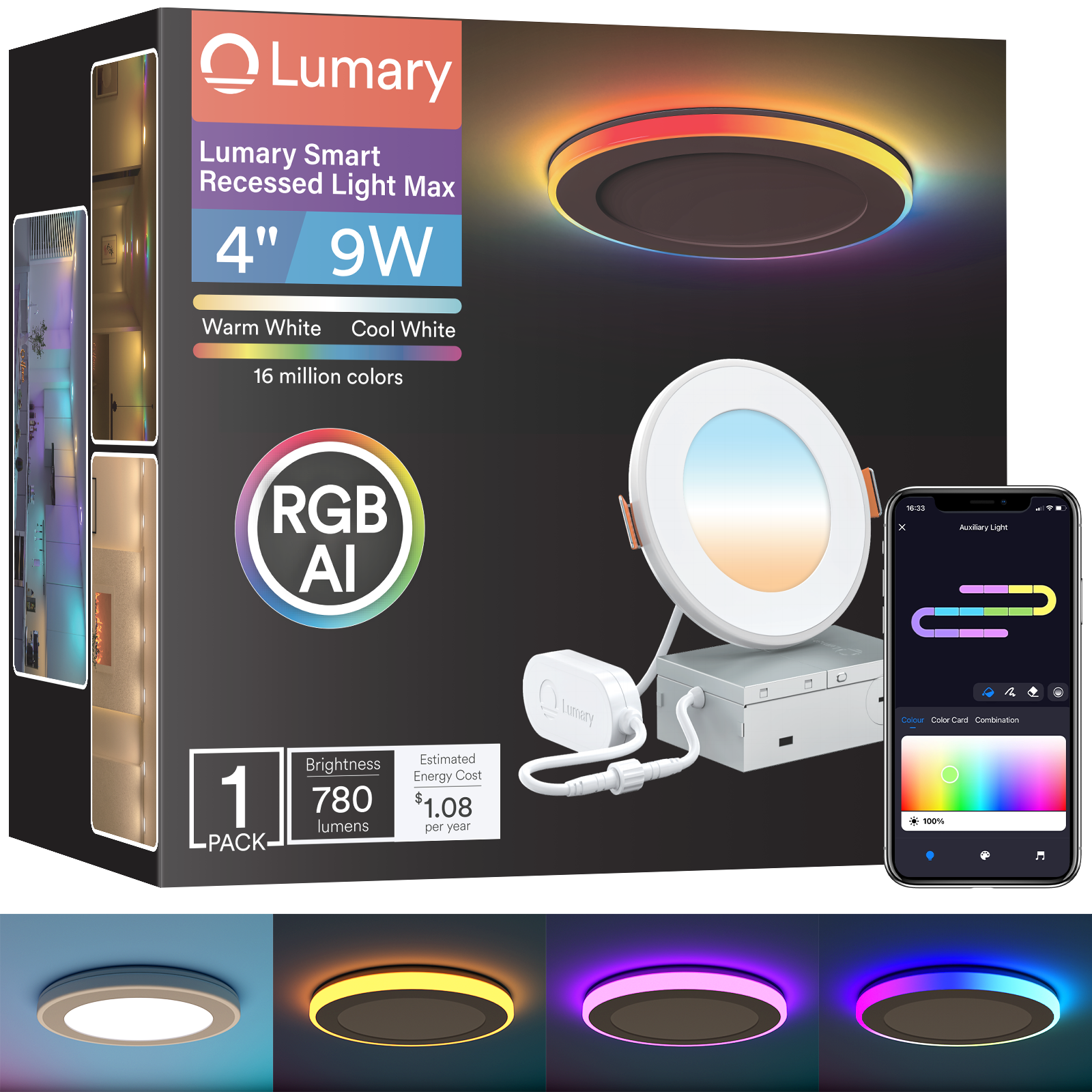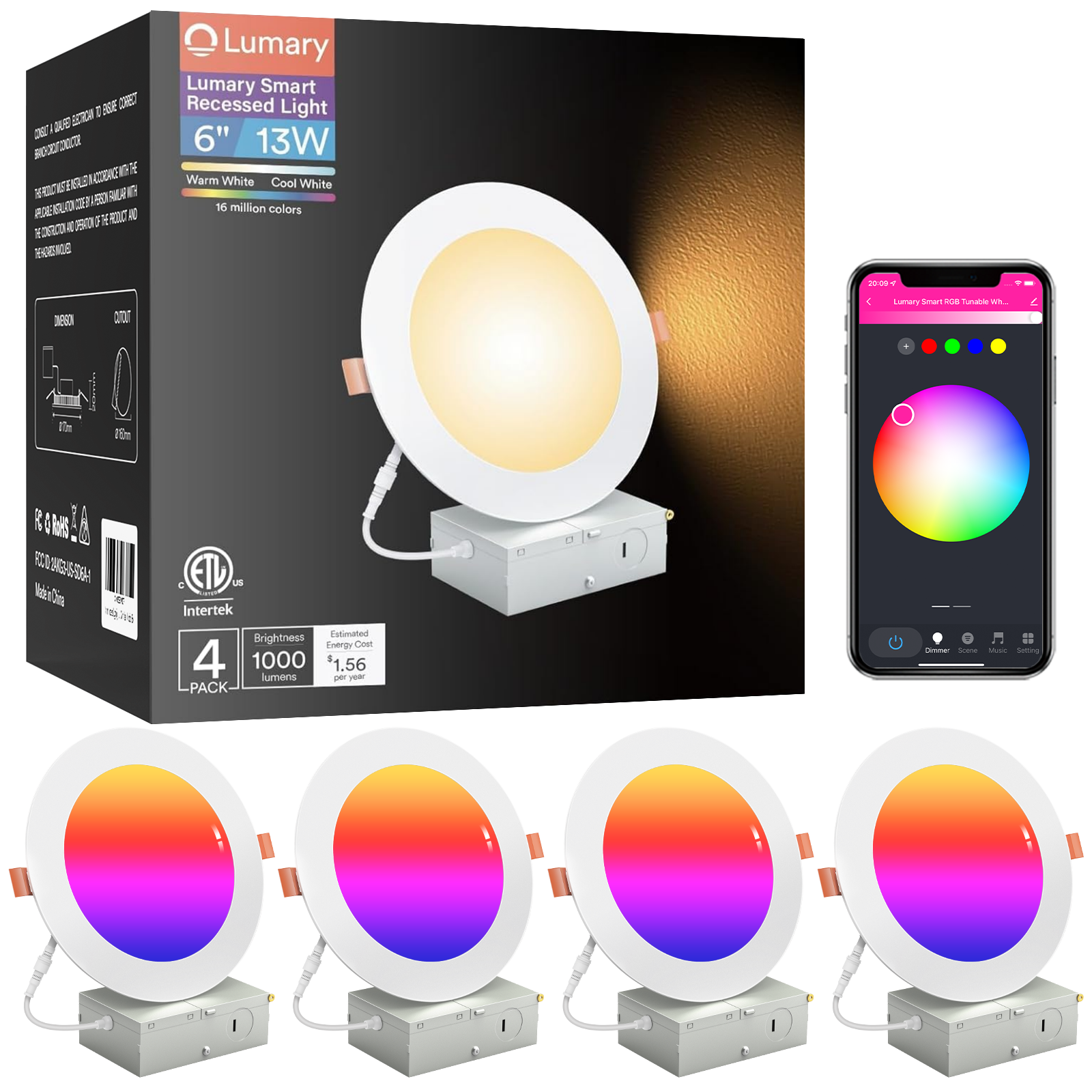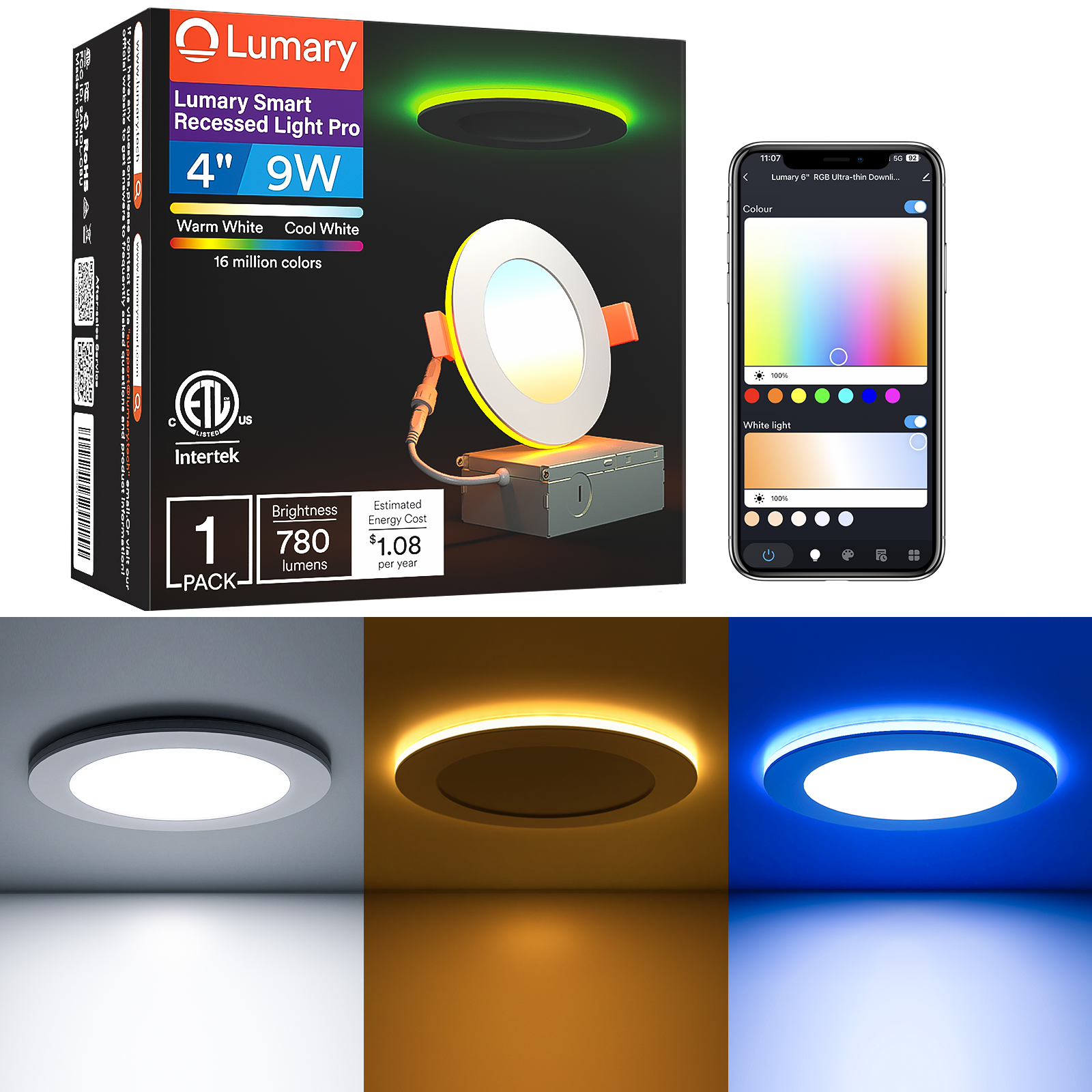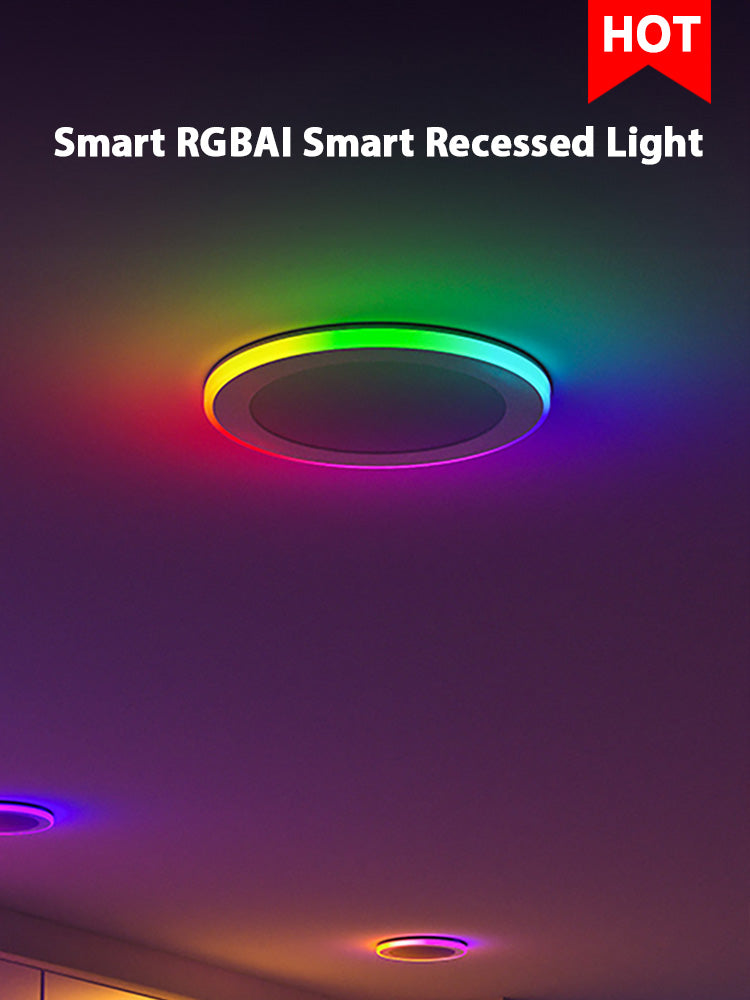Maintaining garden lights is essential for optimal performance and longevity. Regular maintenance ensures that outdoor lighting systems function properly despite exposure to various elements. Well-maintained lighting enhances security, aesthetics, and property value. Routine care prevents potential damage and reduces the risk of malfunctions. This blog provides practical tips and guidelines for keeping garden lights in top condition.

Regular Cleaning and Inspection
Cleaning Fixtures
Tools and Materials Needed
Maintaining garden lights requires specific tools and materials. A soft, dry cloth helps remove dirt and grime. Mild soapy water works for more stubborn grime. A nonabrasive cloth ensures the fixtures remain undamaged. Avoid harsh chemicals to prevent damage to the finish.
Recommended Tools and Materials:
-
Soft, dry cloth
-
Mild soapy water
-
Nonabrasive cloth
-
Bucket
-
Gloves
Step-by-Step Cleaning Process
-
Turn Off Power: Ensure safety by turning off the power supply to the garden lights.
-
Remove Debris: Clear away fallen leaves, branches, or debris around the lighting fixtures.
-
Initial Wipe Down: Use a soft, dry cloth to wipe the fixtures gently.
-
Soapy Water Clean: Dip a nonabrasive cloth in mild soapy water and clean the fixtures thoroughly.
-
Rinse and Dry: Rinse the fixtures with clean water and dry them completely to prevent water damage.
-
Inspect for Residue: Check for any remaining grime and repeat the cleaning process if necessary.
Inspecting for Damage
Identifying Common Issues
Regular inspection of garden lights helps identify common issues. Look for signs of corrosion, damage, breakage, or dents. Check for loose or exposed wiring. Inspect the light bulbs to ensure they are the correct size and type for the fixture.
Common Issues to Look For:
-
Corrosion on metal parts
-
Cracks or breaks in fixtures
-
Loose or exposed wiring
-
Incorrect bulb size or type
When to Replace Parts
Replacing parts at the right time ensures the longevity of garden lights. Replace corroded or broken fixtures immediately. Change bulbs that flicker or do not light up. Replace damaged wiring to prevent electrical hazards.
Replacement Guidelines:
-
Replace corroded fixtures
-
Change broken or cracked parts
-
Use the correct size and type of bulbs
-
Replace damaged or exposed wiring
Electrical Maintenance
Checking Wiring and Connections
Safety Precautions
Ensuring safety during electrical maintenance of garden lights is crucial. Always turn off the power supply before starting any inspection. Use insulated tools to prevent electrical shocks. Wear gloves to protect hands from sharp edges or exposed wires. Avoid working in wet conditions to reduce the risk of electrocution.
Safety Tips:
-
Turn off power supply
-
Use insulated tools
-
Wear protective gloves
-
Avoid wet conditions
How to Inspect Wiring
Inspecting the wiring of garden lights involves a few simple steps. First, visually examine the wiring for any signs of wear or damage. Look for frayed wires, exposed conductors, or burnt areas. Check the connections to ensure they are tight and secure. Use a multimeter to test the continuity of the wiring. Replace any damaged or faulty wires immediately.
Inspection Steps:
-
Visually examine wiring
-
Look for frayed or exposed wires
-
Check connections for tightness
-
Test continuity with a multimeter
-
Replace damaged wires
Replacing Bulbs and Batteries
Types of Bulbs and Batteries
Different types of bulbs and batteries are used in garden lights. LED bulbs are popular for their energy efficiency and long lifespan. Halogen bulbs provide bright light but consume more energy. Solar-powered garden lights use rechargeable batteries that store energy from the sun. Alkaline batteries are common in battery-operated lights.
Types of Bulbs:
-
LED bulbs
-
Halogen bulbs
Types of Batteries:
-
Rechargeable batteries (for solar lights)
-
Alkaline batteries
Proper Replacement Techniques
Proper replacement techniques ensure the longevity of garden lights. Turn off the power supply before replacing any bulbs or batteries. Remove the old bulb or battery carefully. Insert the new bulb or battery, ensuring it fits securely. For solar lights, clean the solar panel before replacing the battery. Test the light to ensure it functions correctly after replacement.
Replacement Steps:
-
Turn off power supply
-
Remove old bulb or battery
-
Insert new bulb or battery
-
Clean solar panel (for solar lights)
-
Test light functionality
"Our team at Signature Illumination Designs uses LED lights whenever possible because they are environmentally conscious and built for long-term use and sustainability." - Signature Illumination Designs Team
Seasonal Maintenance
Preparing for Winter
Protecting Fixtures from Snow and Ice
Winter can be harsh on garden lights. Protecting fixtures from snow and ice ensures longevity. Use light shields to cover the fixtures. Shields prevent snow and ice buildup. Clear snow around the lights regularly. This prevents moisture damage. Apply a waterproof sealant to metal parts. Sealant protects against rust and corrosion.
Protection Steps:
-
Use light shields
-
Clear snow regularly
-
Apply waterproof sealant
Storing Removable Parts
Some garden lights have removable parts. Store these parts during winter. Remove solar panels and batteries. Store them in a dry, indoor location. This prevents damage from freezing temperatures. Label each part for easy reassembly in spring.
Storage Steps:
-
Remove solar panels and batteries
-
Store in a dry, indoor location
-
Label parts for reassembly
Spring and Summer Upkeep
Cleaning After Winter
Spring cleaning is essential for garden lights. Winter leaves dirt and debris on fixtures. Use a soft cloth to wipe off dust. Mild soapy water helps remove stubborn grime. Rinse and dry the fixtures thoroughly. Clean solar panels for optimal performance.
Cleaning Steps:
-
Wipe off dust with a soft cloth
-
Use mild soapy water for grime
-
Rinse and dry thoroughly
-
Clean solar panels
Adjusting for Plant Growth
Plants grow rapidly in spring and summer. Adjust garden lights to accommodate this growth. Trim back trees and shrubs touching the fixtures. Ensure lights are not obstructed by foliage. Adjust the angle of lights for optimal illumination. Regular adjustments maintain the effectiveness of garden lights.
Adjustment Steps:
-
Trim back trees and shrubs
-
Ensure lights are unobstructed
-
Adjust light angles
Enhancing Longevity
Using Quality Materials
Recommended Brands and Products
Using high-quality materials ensures the longevity of garden lights. Reputable brands offer durable products that withstand harsh weather conditions. Brands like Philips, GE, and Cree provide reliable LED bulbs. These bulbs have a longer lifespan and consume less energy. For fixtures, consider Kichler and Hinkley. These brands are known for their robust outdoor lighting solutions.
Recommended Brands:
-
Philips(LED bulbs) -
GE(LED bulbs) -
Cree(LED bulbs) -
Kichler(Fixtures) -
Hinkley(Fixtures)
Benefits of High-Quality Materials
High-quality materials offer several benefits. Durable materials reduce the frequency of replacements. This saves both time and money. Quality fixtures resist corrosion and damage. This ensures that garden lights remain functional for years. High-quality bulbs provide consistent illumination. This enhances the overall aesthetics and security of the garden.
Benefits:
-
Reduced replacement frequency
-
Cost savings
-
Corrosion resistance
-
Consistent illumination
-
Enhanced aesthetics and security
"Great service, amazing portfolio, quality product and services...what else could you ask for?! Thoughtful, creative, polite, and thorough, we have enjoyed our experiences with them." - Satisfied Customer
Professional Maintenance Services
When to Hire a Professional
Hiring a professional for garden light maintenance can be beneficial. Professionals possess the expertise to handle complex issues. Consider hiring a professional if the wiring needs extensive repairs. Professionals can also provide regular maintenance services. This ensures that garden lights remain in optimal condition.
Situations to Hire a Professional:
-
Extensive wiring repairs
-
Regular maintenance services
-
Complex fixture replacements
-
System upgrades
"Sean has been fantastic – I have hired him for various services over the past 5 years. He is very honest, fair and does great quality work. He is also very knowledgeable and works around my schedule." - Long-term Client
What to Expect from a Service
Professional maintenance services offer comprehensive care. Expect thorough inspections of all components. Professionals clean fixtures and check for damage. They replace faulty parts and ensure proper wiring. Some services include system upgrades for better performance. Professionals provide detailed reports on the condition of garden lights.
Service Expectations:
-
Thorough inspections
-
Fixture cleaning
-
Damage checks
-
Part replacements
-
Wiring checks
-
System upgrades
-
Detailed reports
"The attention to detail and guidance during the planning/quoting phase was fantastic and the reason we chose to go with Northwest Outdoor Lighting." - Happy Customer
Regular maintenance and the use of high-quality materials ensure the longevity of garden lights. Professional services provide expert care and peace of mind. Investing in quality products and services enhances the beauty and functionality of any garden.
Regular maintenance of garden lighting ensures optimal performance and longevity. Implementing these tips will enhance the beauty and functionality of outdoor spaces. Well-maintained garden lights increase safety and reduce risks around walkways and other landscape features. Proper care also boosts property value and deters crime.
"Landscape lighting amplifies the overall look and unique features of a home. A well-lit home is more appealing to the eye," said Doug Prexta.
Investing time in garden lighting maintenance provides lasting benefits and peace of mind.



